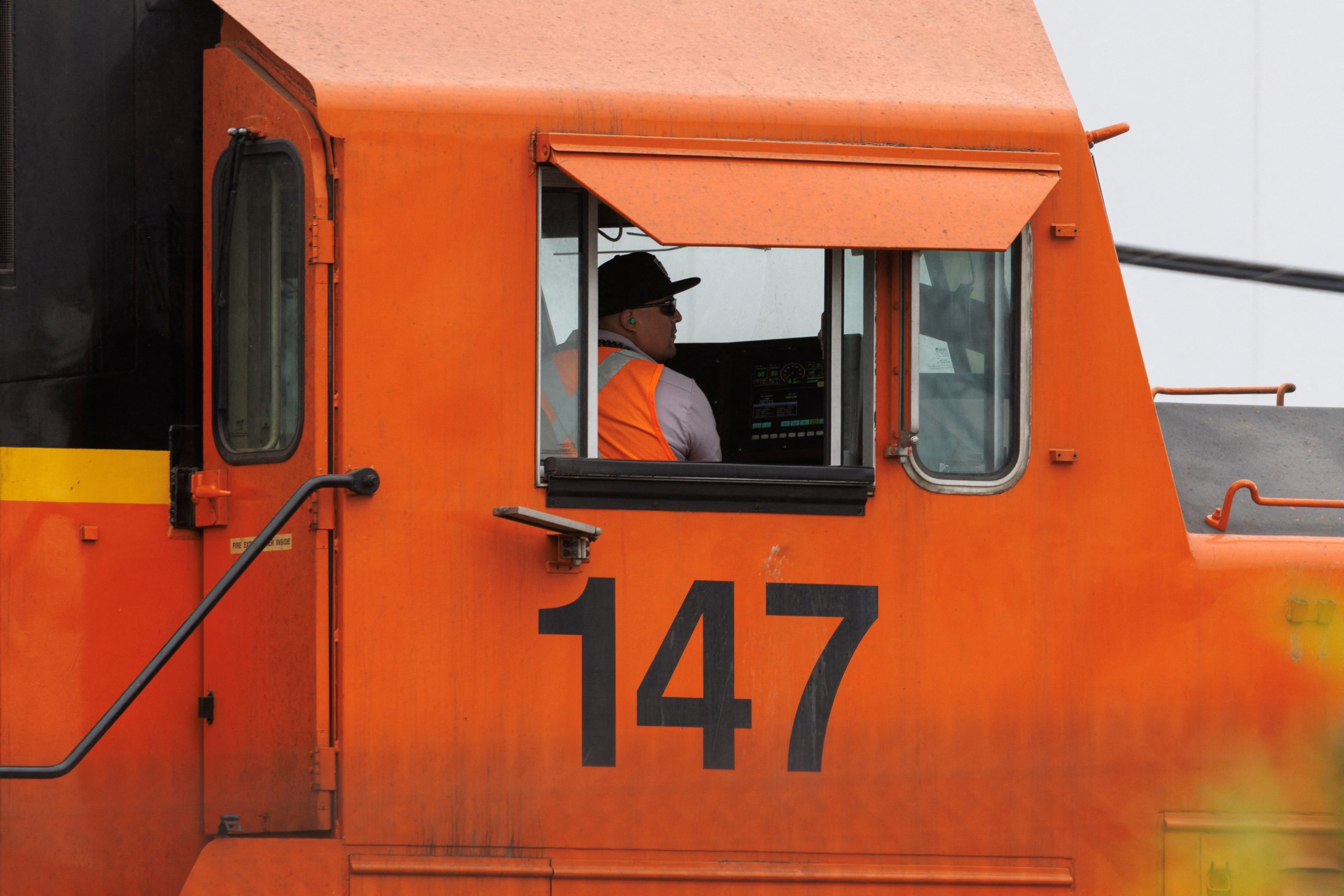
Chris Lieberman, FISM News
[elfsight_social_share_buttons id=”1″]
The Senate voted Thursday to approve a deal to avoid the impending rail strike, preventing a devastating work stoppage but also dealing a major blow to the labor movement.
“I’m very glad that the two sides got together to avoid a shutdown which would be devastating for the American people, the American economy, and so many workers across the country,” Senate Majority Leader Chuck Schumer told reporters following the vote.
The bill comes after months of intense negotiation between railroads and the rail workers’ unions. President Biden thought he had successfully brokered a deal in September, but after four of the twelve rail unions voted to reject the agreement over concerns about the sick leave policy, on Monday Biden called on Congress to intervene.
Following Wednesday’s 290-137 House vote to approve the September deal, the Senate passed the measure, 80-15, as 37 Republicans joined with 43 Democrats voting in favor of the agreement, while 5 Democrats and 10 Republicans opposed it.
A separate measure that would grant rail workers seven days of paid sick leave fell short of the 60-vote threshold needed to pass by a margin of 52-43. Six Republicans, including Ted Cruz (Texas) and Josh Hawley (Mo.) supported the legislation, while Joe Manchin (W.Va.) was the only Democrat to vote against it. The House had approved the measure on Wednesday, 221-207.
A third bill, which would have extended the cool-down period for negotiating a deal between the railroads and unions by 60 days, also failed by a vote of 25-70.
While the end of a potential rail strike was a relief to many, the deal drew sharp criticism from both the right and the left.
Hawley slammed Congress for their hypocrisy in approving the agreement, saying, “I’d like to know how many of the White House staff, and how many members of Congress and their staff, are still ‘working remotely,’ all while they deny railroad workers more than one day of sick leave a year. The House of Representatives, for heaven’s sake, is still proxy voting — with many members not showing up to work at all — because of the Covid ‘health risk.’ But railroad workers can’t have more than one day of sick leave.”
Today’s rail vote was a significant one. A few thoughts – pic.twitter.com/IYfPBxL14E
— Josh Hawley (@HawleyMO) December 1, 2022
Cruz also weighed in, tweeting,
As a matter of principle, I don’t support [government] intervention to decide terms of employment. We [should] extend the cooling-off period, as Congress has done [before], & send both parties back to the table … However, given that Congress voted down our amendment and decided to step into these negotiations, I believe the rail workers are making reasonable requests that should be adequately addressed. For that reason, I voted to increase the number of paid sick days for rail workers. Unfortunately, the Senate rejected this measure, so I opposed the final deal.
Meanwhile, Democratic Socialist Bernie Sanders (I-Vt.) said, “At a time of record-breaking profits for the rail industry, it is disgraceful that railroad workers do not have a single day of paid sick leave. As a member of the Senate Health, Education, Labor and Pensions Committee, I will do everything I can to make sure that rail workers in America are treated with dignity and respect.”
Let me be clear. This struggle is not over. I will do everything I can to make sure that rail workers in America are treated with dignity and respect. pic.twitter.com/WVGLodsr7B
— Bernie Sanders (@SenSanders) December 1, 2022
The unlikely pairing of Cruz and Sanders led to the two fist-bumping on the Senate floor, with the Vermont Senator quipping to Cruz, “I always knew you were a socialist.”
The rail worker unions complained that congressional intervention gave the railroads unfair leverage in negotiations.
“What’s frustrating is that the railroads know that their backstop is federal government intervening in a strike,” Tony Cardwell, president of one of the rail unions, told Politico. “The railroads would have come running to the bargaining table if they knew that we would have been able to go on strike. But they were reliant on the Congress stopping our strike, and therefore they bargained in bad faith.”
